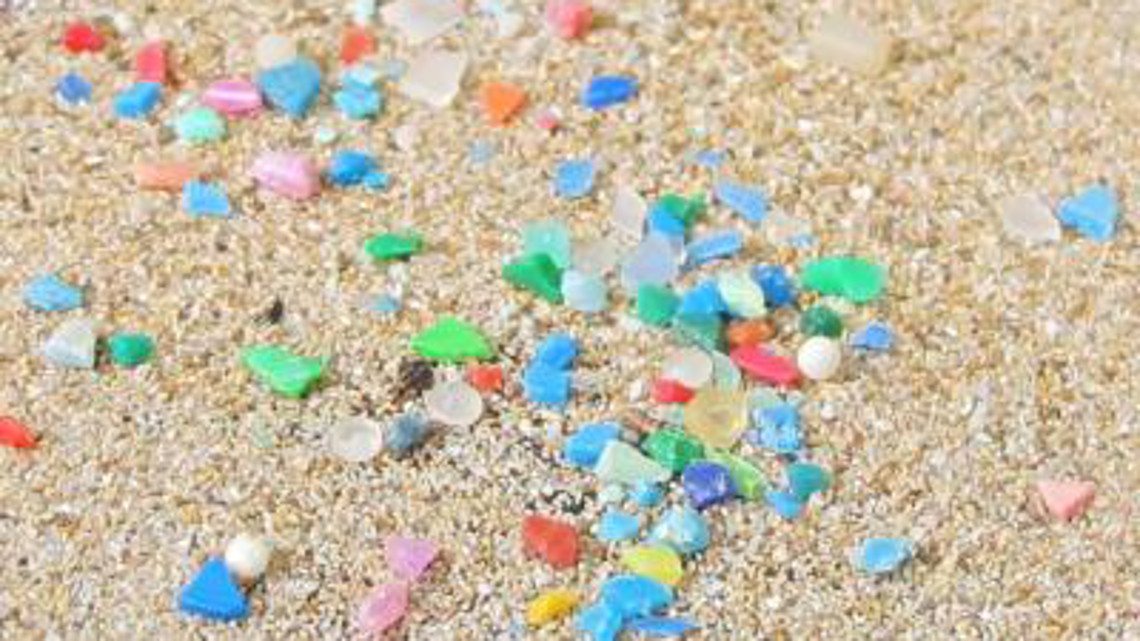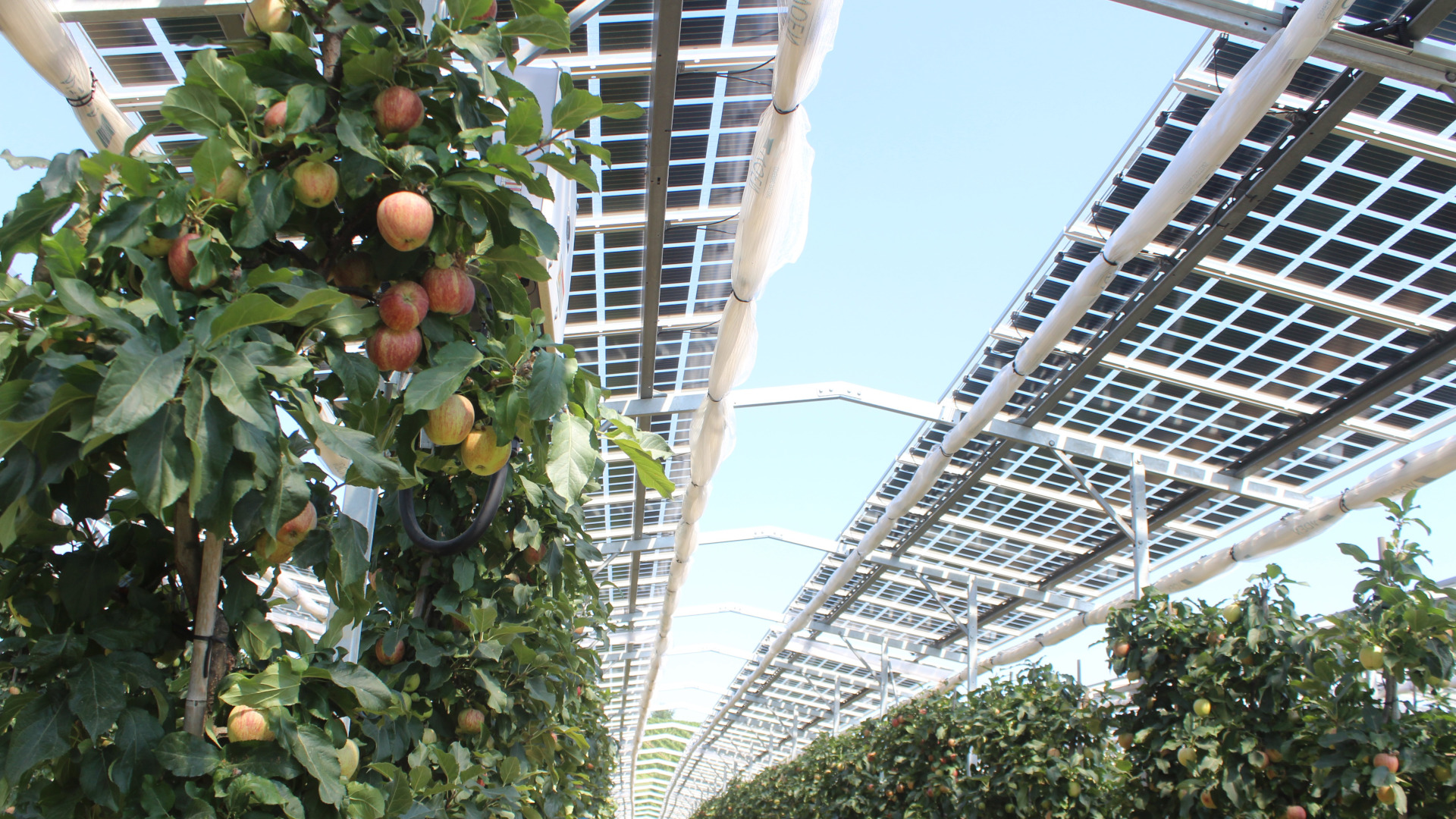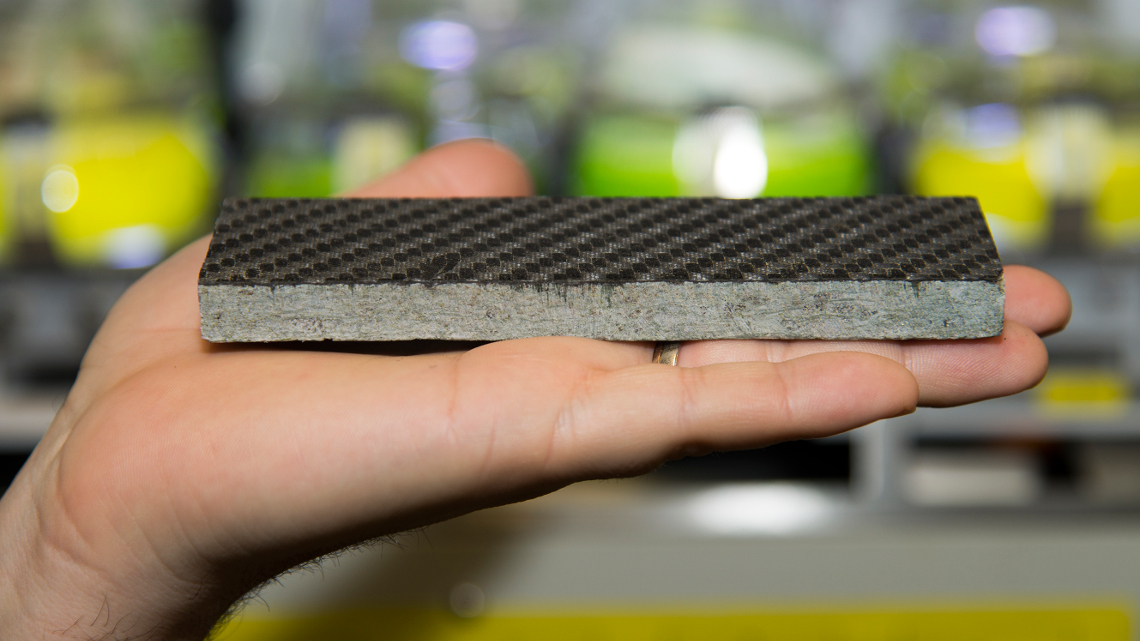Groundbreaking microplastic paper retracted
A body of research has shown the negative consequences of microplastics for aqueous life. Now, a seminal paper that had demonstrated behavioural changes in fish was retracted.

Microplastics are small particles in cosmetics or pharmaceuticals that don’t break down, but instead become part of the food chain via small aquatic animals and fish. Because of their danger to animals and humans, many politicians in Germany have called for a ban of microplastics in the industry. However, it seems that some of these dangers may have been exaggerated: a landmark paper in the journal “Science” about the topic has now been retracted, due to scientific misconduct by the authors.
High concentrations of microplastics are detrimental to the environment
Microbeads are common compounds in today’s toiletries and cosmetics. But it is also known that these beads and similar microplastic particles are not cleared from wastewater, and instead enter our rivers and the oceans. Once there, they are taken up by small organisms and fish, and may thus enter our homes once again – albeit in the kitchen instead of the bathroom. Many research papers have described this detrimental cycle before, but most have used extremely high concentrations of microplastic contamination in water, and their results had therefore limited relevance to every day life. The now retracted paper however, directly demonstrated the negative consequences of microplastic at levels found in marine environments- and even described consequences on the behaviour of fish. The paper was originally published last summer, and probably helped to speed the process of banning microplastics along.
Discrepancies between research and publication
The research of the now retracted paper was carried out at a research station on Gotland, a Baltic Sea island, by Oona Lönnstedt, a scientist based at Uppsala University. Two colleagues who had worked alongside her, noticed several discrepancies between the research they had witnessed and what was published, and raised the alarm with Sweden’s Central Ethical Review Board. Since Lönnstedt could not produce the original data, the 10 month investigation concluded with “suspicion that the experiment was never conducted”.
Although the work of the Science-paper may have been fraudulent, researchers including those who raised the alarm about the misconduct agree that there is still enough damning evidence to ban microplastics. Richard Thompson, professor of marine biology at Plymouth University agreed: “This paper was important (...), but not pivotal. There’s a body of evidence indicating the potential for a harmful effect.”
jmr


